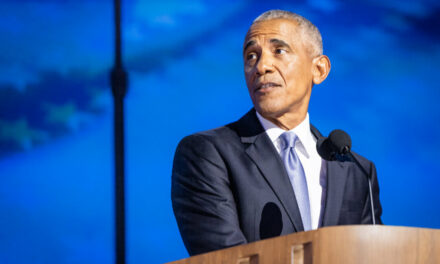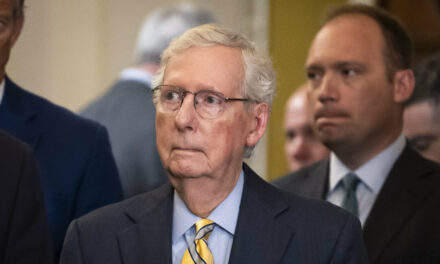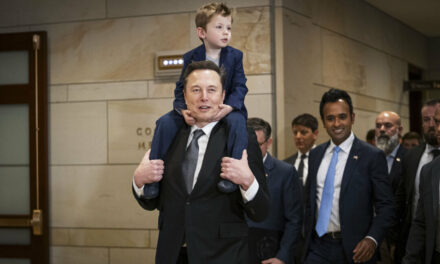We support our Publishers and Content Creators. You can view this story on their website by CLICKING HERE.
South Dakota Gov. Kristi Noem called for the creation of a school choice program for students in her state, announcing an initial $4 million investment in the project that she hopes will become standard.
She committed to investing $4 million in state funding to launch the initiative, which would provide up to $3,000 in scholarships for students with low incomes.
Noem said the vouchers might be used to pay for private tuition or to purchase curricula for alternative education providers.
“Our goal is to expand the program,” the governor said. “My hope is that these ESAs will ultimately be available to every student in South Dakota.”
Private school choice encompasses a variety of ways of allowing funding to follow the child, including vouchers, education savings accounts, and tax-credit scholarships.
Those methods are used to provide financial assistance to educational institutions that are not considered typical public schools.
During the past few years, the concept of providing this option to all families—regardless of their income—has experienced a surge in popularity.
Universal school choice has now been codified in legislation in 12 states. Within the United States, almost three dozen states offer some kind of private school choice.
Noem’s push for the program stands a solid chance of survival, considering that the November election allowed Republicans to further expand their supermajorities in both chambers of the South Dakota Legislature, garnering a total of 64–6 in the state House of Representatives and 32–3 in the Senate.
If Noem is confirmed by the U.S. Senate as Trump’s nominee for the position of Secretary of Homeland Security, she will likely resign from her current position as governor of South Dakota.
South Dakota isn’t the only state grappling with the issue of school choice. Following the election, the issue of parent-guided education has been on the minds of state and federal officials.
Texas Gov. Greg Abbott and Lt. Gov. Dan Patrick have both spoken extensively about their intention to pass school vouchers with the newly elected state Legislature.
President-elect Donald Trump has made it clear that he is in support of the idea, and Jim Blew, who was an assistant secretary in the U.S. Education Department during the first Trump administration, expressed optimism that the new Congress will approve proposals such as tax credits for scholarships.
“The new members are all very clearly supportive of school choice, and I think that’s going to change the dynamics,” said Blew, who co-founded the conservative Defense of Freedom Institute.
“We have a mandate now to do great things for people who voted for freedom,” Conway said, stating that many wealthy Democrat leaders send their children to the most elite, expensive private schools, but veto school choice legislation.
However, not all states are on board with the programs for a variety of reasons.
The Associated Press contributed to this report.

 Conservative
Conservative  Search
Search Trending
Trending Current News
Current News 







